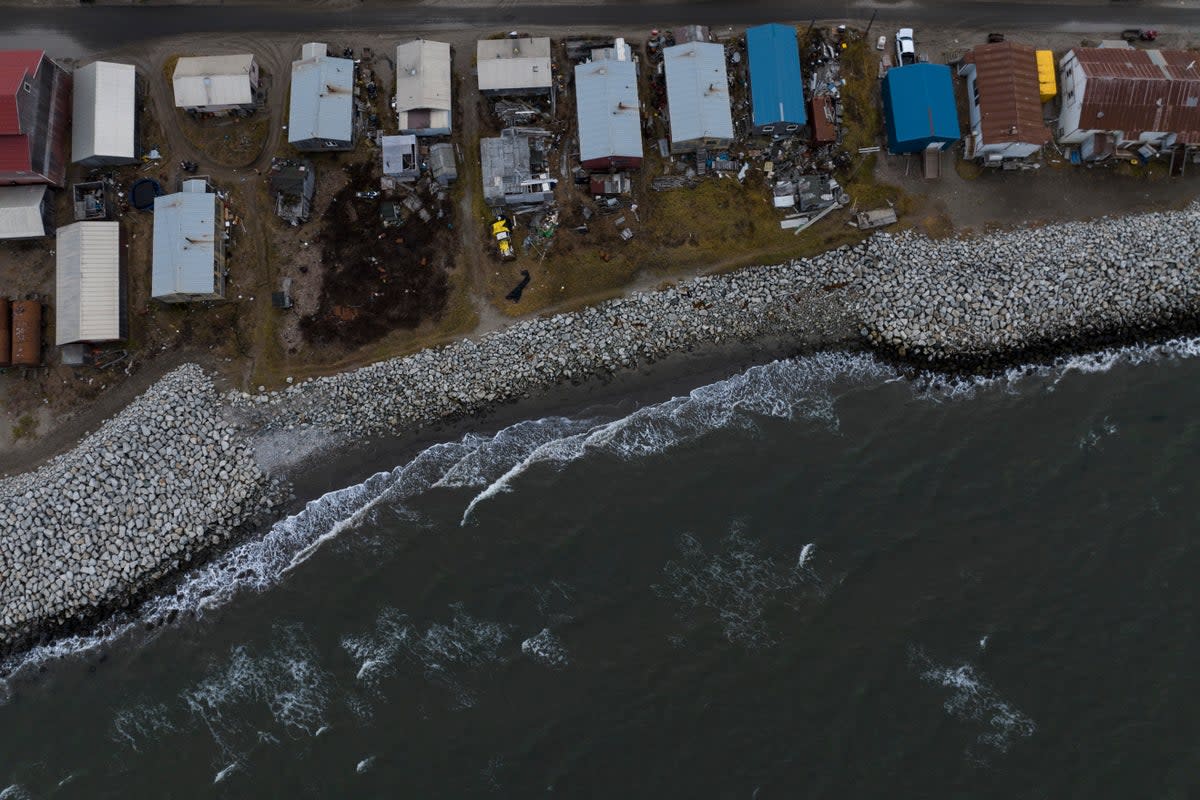UN wants International Court of Justice’s view on countries’ climate obligations

The United Nations has voted to ask the International Court of Justice at The Hague to define the obligations of countries in the fight against the climate crisis.
The resolution is based on a proposal by Vanuatu, a Pacific Island nation facing immediate threats from rising sea level due to the climate crisis.
It could be a landmark step in creating a legal track to hold big emitters responsible.
The vote follows years of efforts to find legal recourse for the climate crisis and hold large and historic polluters and sectors accountable.
An advisory opinion by the ICJ would not be binding in any jurisdiction but could underpin future climate negotiations by clarifying countries’ financial obligations related to climate impacts.
It would also help states revise and enhance national climate plans in line with the global Paris Agreement as well as strengthen domestic policies and legislation.
The resolution has 121 country co-sponsors, Vanuatu’s Climate Minister Ralph Regenvanu said, allowing it to pass with a simple majority if no other country raises objections.
“The very first thing we hope to see [on Wednesday] is that there is a consensus because that will provide an indication to the court of the importance the world puts on this question and the opinion it will be giving,” Mr Regenvanu told Reuters.
Along with extreme sea-level rise, Vanuatu is facing more frequent and intense climate-fuelled cyclones. Just this month, two Category-4 storms left 10 per cent of Vanuatu’s population in evacuation centres.
On Tuesday, Vanuatu diplomats were still trying to win support from China and the US, two of the world’s biggest polluters.
The US expressed concerns about the language of the resolution.
US climate envoy, John Kerry said the US support efforts to address the issue of loss and damage but that Vanuatu “jumped ahead” by taking the question to the international court.
“The United States has concerns with the language and the way it’s been written,” Mr Kerry said. “It’s not a question of support, not support; it’s a question of whether or... if it is taken up by the court – that it produces something that’s going to be constructive and fair.”
For years, the US and other wealthy nations have resisted providing specific finances or to admitting obligations for greenhouse gases that have warmed up the planet by almost 1.2C already.
The divide between poor nations most threatened by the climate crisis who want action and wealthier countries largely responsible for global heating has been a consistent dispute in climate negotiations.
Climate-related litigations have ramped up worldwide, with over 2,000 cases taken up in various courts, according to ClientEarth attorney Sam Hunter-Jones, who stressed on the need for an ICJ opinion.
Additional reporting by agencies


